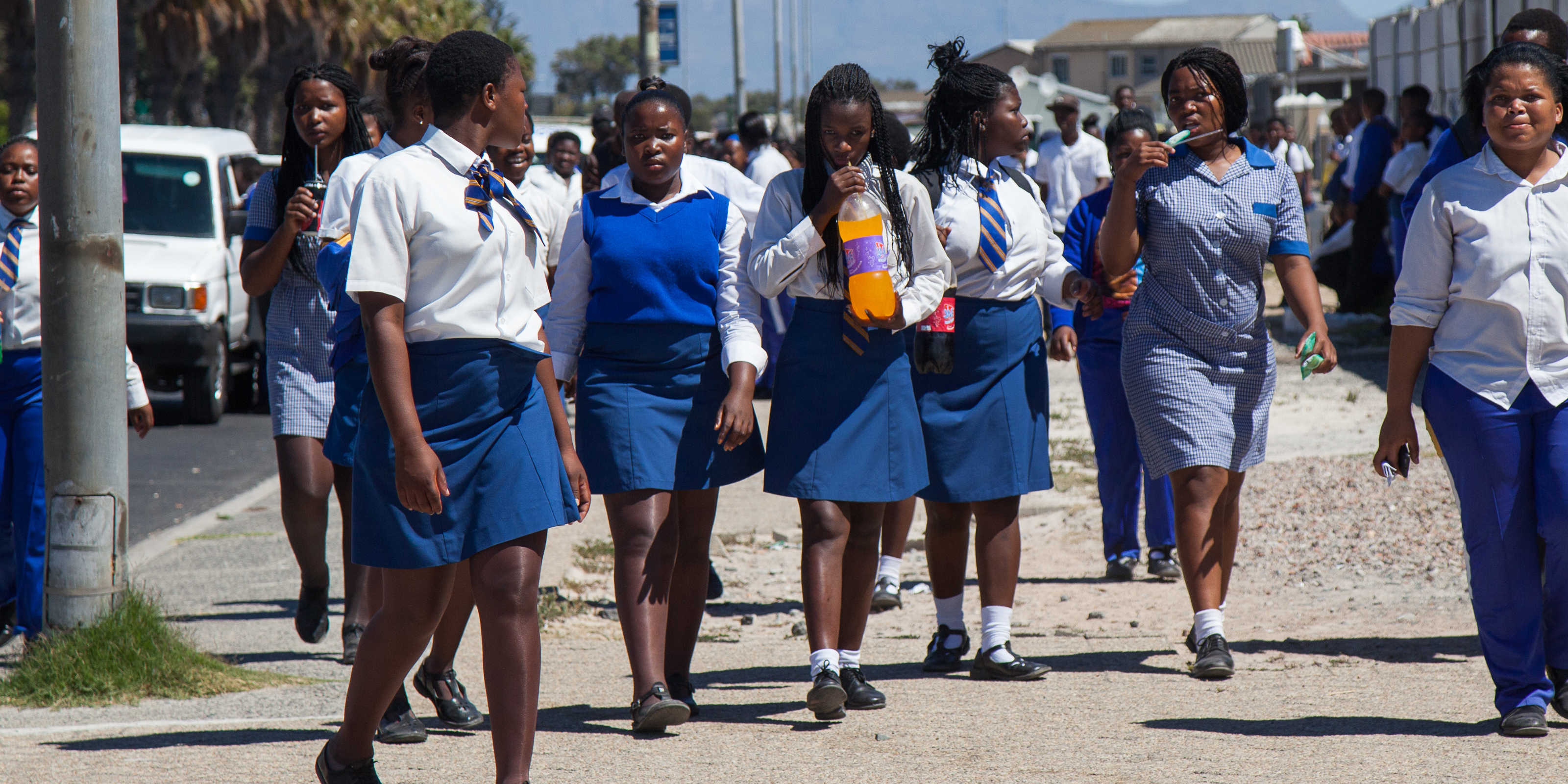In Part 1 of this series, the bua-lit collective looked at the role of language policy and practices in determining the chances for the majority of children to reach Matric and achieve success in the high stakes Matric exam. Here in Part 2, we focus on issues of language and literacy as they affect Science learning for the average multilingual South African child.
The CAPS curriculum designates “language” and “non-language” (content) subjects. However, language and content cannot be separated from learning. To learn and use content knowledge successfully, we need to learn the language of the subject. We also need to practise reading and writing Science.
Everyone needs to learn the complex language of subjects, whether your home language matches the language of the curriculum and assessment or not. But, if the home language of the teacher and or the learners is not English, then learning the subject becomes even more difficult.
Why is school Science language difficult?
Consider this question on a Grade 9 Science test in one of our research schools: “How is the arrangement of electrons in Neon similar to the arrangement in Helium?” (Tyler, R. 2019. Semiotic Repertoires in Bilingual Science Learning, PhD Thesis, UCT). Apart from understanding what the technical words “electron”, “Neon” and “Helium” mean, learners need to understand the everyday English word “arrange”. They need to be able to see that “arrange” has been used as a noun, “arrangement”, in this context. They need to know that in Chemistry, “arrangement” has a specific meaning which relates to the Periodic Table and the structure of an atom. Then they need to frame a response, in their own words, using the same Science style of writing as the question.
This is a significant linguistic load for a first language speaker of English. The demands are even greater for speakers of other languages. Whereas the English speaker can easily access many online or hard copy reference books, technical dictionaries and Science-fiction novels in a language which is familiar to them, this is not the case for the African language speaker.
In class, the English-speaking learner is given many opportunities to grapple with Science concepts in language which is familiar to them. African language speakers are regularly denied this crucial learning activity, namely talking Science in an African home language.
Science teaching on the ground
As we saw in Part I of this series, standard written English dominates our assessments such as the Matric exam. This can lead to the misplaced belief that therefore learners are best served by receiving their Science lessons and learning materials in English only. In many schools, even textbooks are a luxury that has to be shared amongst classes and learners.
Attempts by teachers to use African languages in Science class so that learners can understand the subject content is discouraged by education officials and often condemned by some principals and teachers. In addition, learners are given very few opportunities to practise reading and writing in Science in class as these activities are viewed as the language teacher’s job. In addition, learners are given very few opportunities to practise reading and writing in Science in class. But teaching the language of Science is best done by the subject teacher because they know the field and can provide specific relevant examples and exercises.
Our multilingual learners are restricted to learning Science in English only. The frenetic chase of school Science English produces a focus on mastering the surface features of this language through rote learning without a deep understanding of the concepts. Indeed, studies have shown that even those who pass Science subjects in Matric reveal poor conceptual understanding when they enter their tertiary studies.
Teaching Science differently in multilingual classrooms
Our multilingual teachers must be supported in teaching for meaning by recruiting their learners’ African language resources and cultural backgrounds in different ways. Equally, learners must be enabled to recruit their prior knowledge when learning new Science. As one Khayelitsha learner explained when grappling with the concept of different states of matter: ‘iTerminator yimetal ejika ibeyiliquid but same time yimetal, ejikayo’ (The Terminator is a metal which changes into a liquid but at the same time is a metal, it changes).
Sadly the creative engagement with a new concept by for example drawing on knowledge from popular culture, which can’t be accomplished in English only, is often done with a sense of shame and as a “necessary evil”. These are the consequences of a rigid English-only language policy beyond Grade 3.
As bua-lit we advocate teaching methods which draw on learners’ home languages as well as making the workings of scientific English explicit. This will strengthen both the understanding of scientific concepts and the learners’ use of scientific English.
In summary, multilingual Science learners need:
- access to the specialised variety of scientific English as well as the other forms of Science meaning
- multilingual teaching about all the conventions of Science meaning, such as in diagrams and models
- access to science materials and teaching that draw on the languages they know, and including teaching that uses translation activities
- and access to examples of South Africans who produce knowledge in languages other than English.
We believe that a “rich literacies” approach such as this will enable better Matric Science results, and allow our teachers and learners to contribute to the urgent task of decolonising our curriculum. DM
In Part 3, we will turn to a critique of the official English literature curriculum for Matric and analyse its contribution to Matric success or failure.
Robyn Tyler and Soraya Abdulatief write on behalf of the bua-lit collective.




